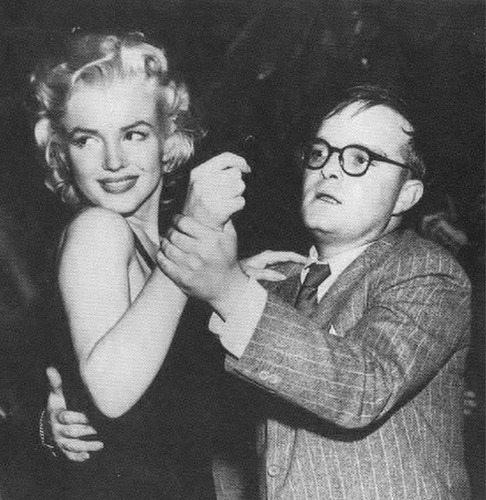To be exiled is not to disappear but to shrink, to slowly or quickly get smaller and smaller until we reach our real height, the true height of the self. Swift, master of exile, knew this. For him exile was the secret word for journey. Many of the exiled, freighted with more suffering than reasons to leave, would reject this statement.
All literature carries exile within it, whether the writer has had to pick up and go at the age of twenty or has never left home.
.... At this point I should say that at least where literature is concerned, I don’t believe in exile. Exile is a question of tastes, personalities, likes, dislikes. For some writers exile means leaving the family home; for others, leaving the childhood town or city; for others, more radically, growing up. There are exiles that last a lifetime and others that last a weekend. Bartleby, who prefers not to, is an absolute exile, an alien on planet Earth. Melville, who was always leaving, didn’t experience—or wasn’t adversely affected by—the chilliness of the word exile. Philip K. Dick knew better than anyone how to recognize the disturbances of exile. William Burroughs was the incarnation of every one of those disturbances.... Exile, in most cases, is a voluntary decision. No one forced Thomas Mann to go into exile. No one forced James Joyce to go into exile. Back in Joyce’s day, the Irish probably couldn’t have cared less whether he stayed in Dublin or left, whether he became a priest or killed himself. In the best of cases, exile is a literary option, similar to the option of writing. No one forces you to write. The writer enters the labyrinth voluntarily—for many reasons, of course: because he doesn’t want to die, because he wants to be loved, etc.—but he isn’t forced into it. In the final instance he’s no more forced than a politician is forced into politics or a lawyer is forced into law school. With the great advantage for the writer that the lawyer or politician, outside his country of origin, tends to flounder like a fish out of water, at least for a while. Whereas a writer outside his native country seems to grow wings. The same thing applies to other situations. What does a politician do in prison? What does a lawyer do in the hospital? Anything but work. What, on the other hand, does a writer do in prison or in the hospital? He works. Sometimes he even works a lot. And that’s not even to mention poets. Of course the claim can be made that in prison the libraries are no good and that in hospitals there are often are no libraries. It can be argued that in most cases exile means the loss of the writer’s books, among other material losses, and in some cases even the loss of his papers, unfinished manuscripts, projects, letters. It doesn’t matter. Better to lose manuscripts than to lose your life. In any case, the point is that the writer works wherever he is, even while he sleeps, which isn’t true of those in other professions. Actors, it can be said, are always working, but it isn’t the same: the writer writes and is conscious of writing, whereas the actor, under great duress, only howls. Policemen are always policemen, but that isn’t the same either, because it’s one thing to be and another to work. The writer is and works in any situation. The policeman only is. The same is true of the professional assassin, the soldier, the banker. Whores, perhaps, come closest in the exercise of their profession to the practice of literature.
["Roberto Bolaño in NYRB: "Exiles"]













